Gardening is a unique interest that offers a good deal of relaxation and a healthy amount of being close to nature. Regardless of our enormous technological or sociological advancements, we often have a strong unfulfilled need to spend time surrounded by wildlife and vegetation. A lot of people find pleasure in such activities.
That said, it isn’t always easy to grow and maintain a healthy and vigorous garden. Problems arise every step of the way and the average willed person might feel quite compelled to give up the whole idea. If you are one of those people, this post is written with you in mind.
Here we’ll take a look at some common problems that frequently arise and discuss what can be done about them.
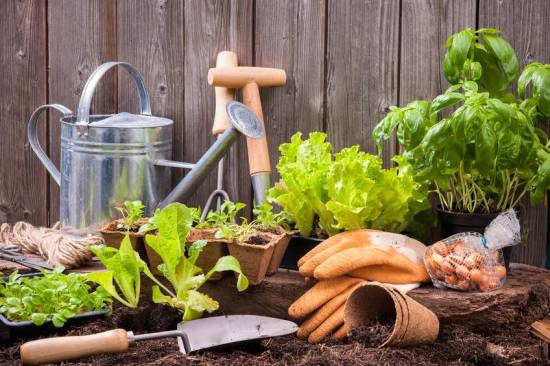
• Weeds
Weeds are considered more of a re-occurring nuisance rather than a serious problem. They still can cause distress and harm if no attention is directed to contain them. Weeds are strong competitors for all sorts of resources that you’d rather go to your plants and herbs.
They will use the soils nutrition, water, and even space. An effective way to deal with them is to uproot them one by one. At first it may be a bit of work, but if you remain vigilant you’ll find it becomes easier with time as the weeds don’t grow back so much if you keep uprooting them. If you want to use chemicals, read the labels carefully and avoid applying them in areas where your plants might get hurt from it.
• Watering
Watering is an obvious chore in gardening and caring for vegetation. It sounds simple enough, but there are times when problems can arise. If your soil is dry for one reason or the other, your garden’s productivity will drop. Plants simply cannot cope well when lacking water. If you keep watering but the situation doesn’t seem to improve, consider applying some organic humus in your soil to retain water and moisture.
• Fertilizer
This is similar to water in the sense that seems obvious enough but still can lead to problems. Needless to say, if you don’t fertilize your plants will struggle with nutrition. But there is also the curious case when you fertilize too much. This will cause what’s called a “burn” in your plants. All vegetation is built around a particular balance and more doesn’t necessarily mean better. If you’ve fertilized too much, try to wash down with plenty of water and observe the results. If you don’t know to tackle the whole fertilizing problem, Henderson landscaping contractors will offer you a friendly hand with it.
• Pruning
Plants grow steadily and surely. Sometimes we fail to notice when it’s time to prune because the change is so constant and slow. But sooner or later you’ll have to get the pruning shears and start taking care of diseased or dead branches. When dealing with diseased branches, extra care is called for. Not because they’re harder to prune, but diseased particles have a way of sticking to the blade of the shears or whatever tool you might be using for the occasion. When done with everything, make sure to disinfect the blades well so the bacteria doesn’t spread around your garden.
This list of problems that the average gardener has to deal with through the year is far from exhaustive, but we’ve tried to go through some that you’re likely to experience. The most successful gardeners always work inside a framework. They realize the complexity of the garden’s collective organism. Albeit our needs are very different, we still need to think in terms of consequence when it comes to caring for our garden.





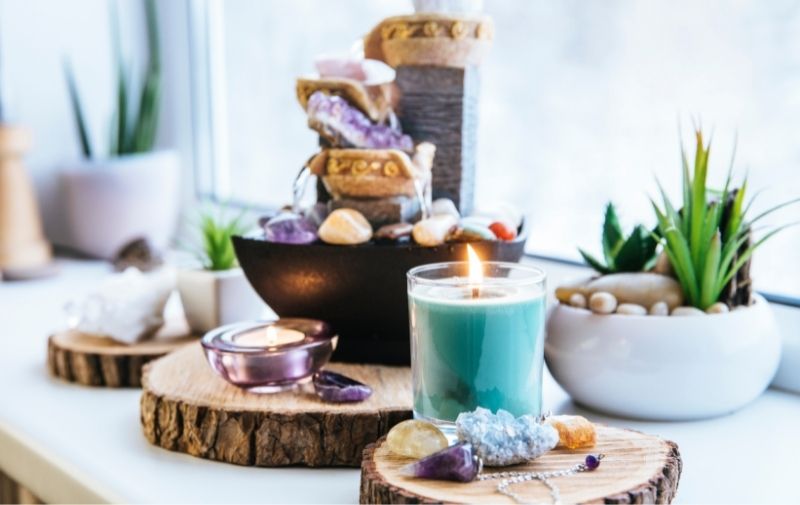









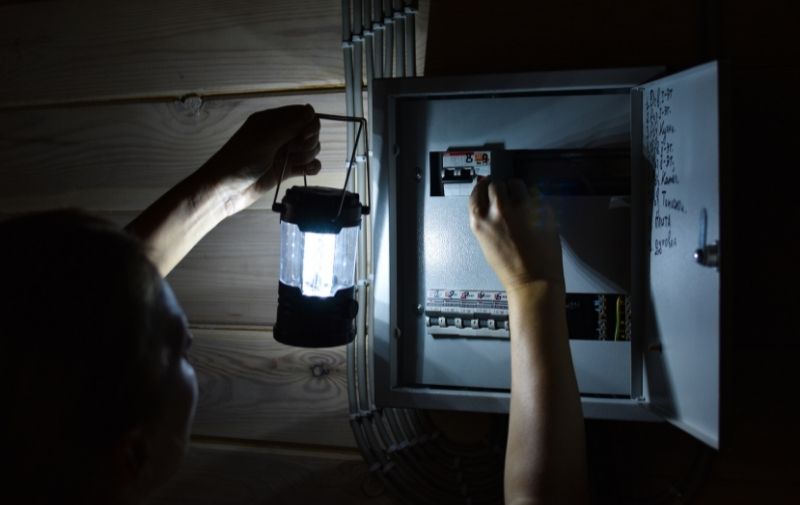
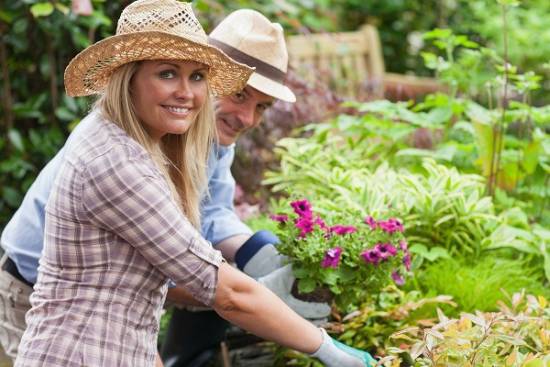
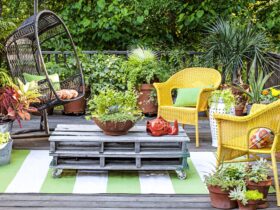

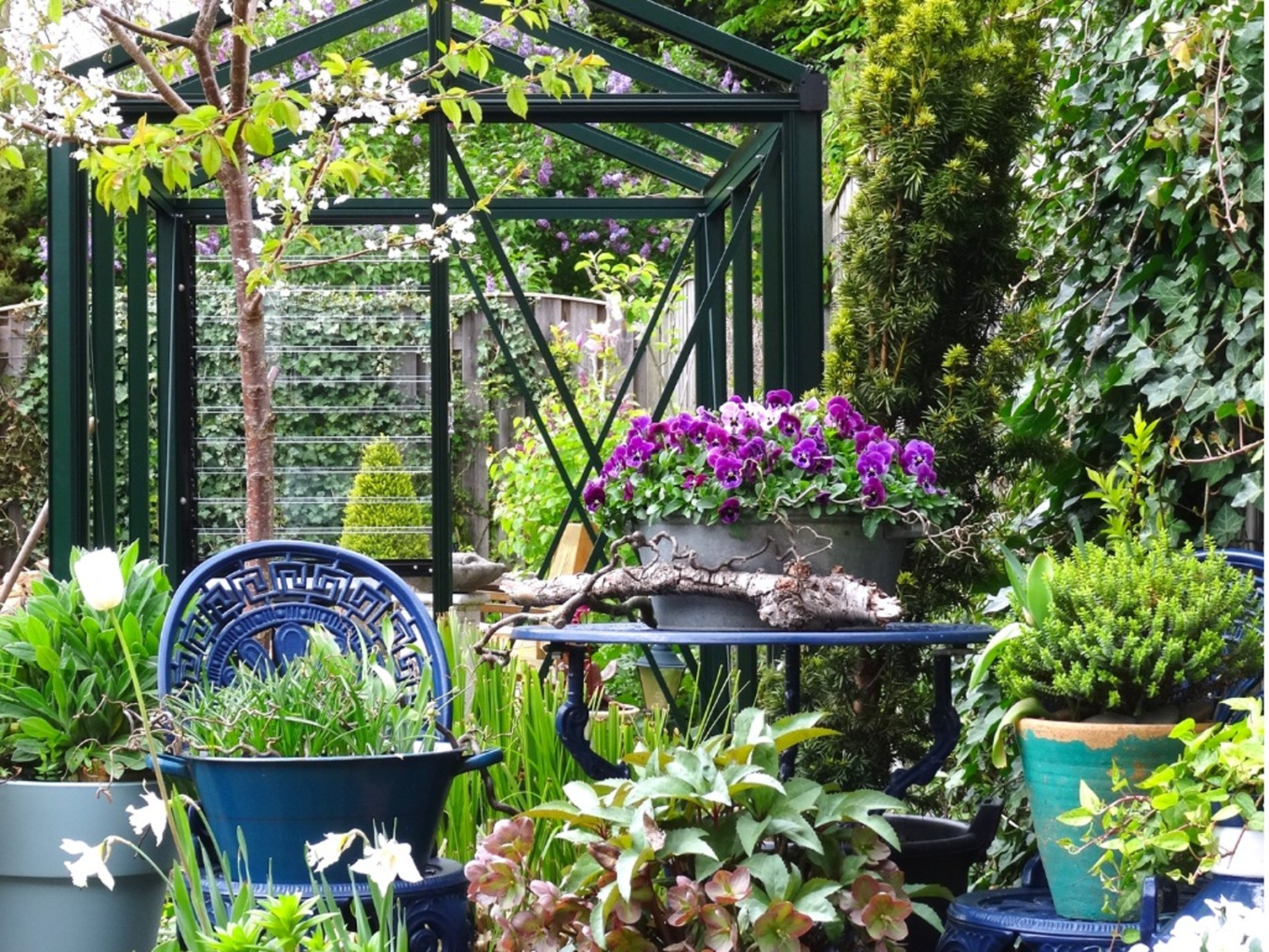
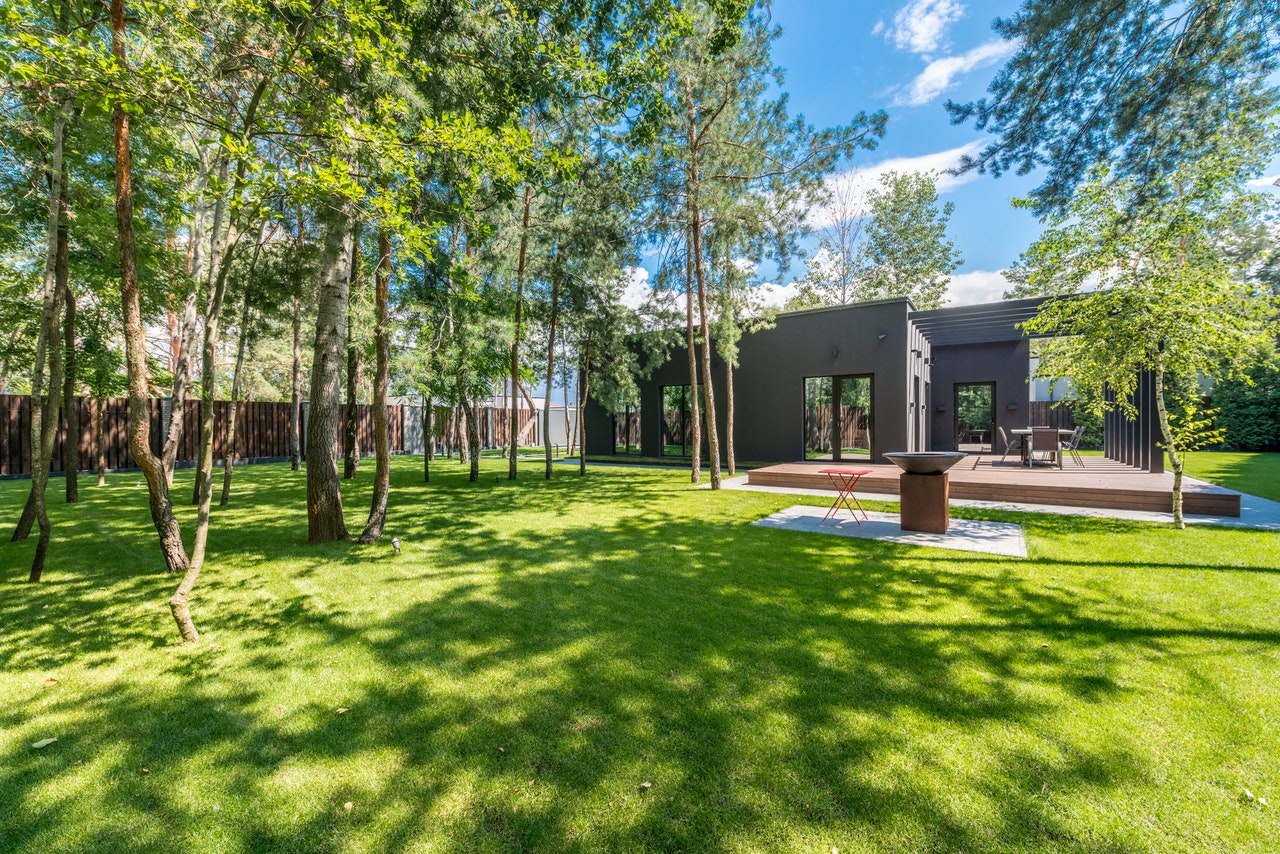
Leave a Reply